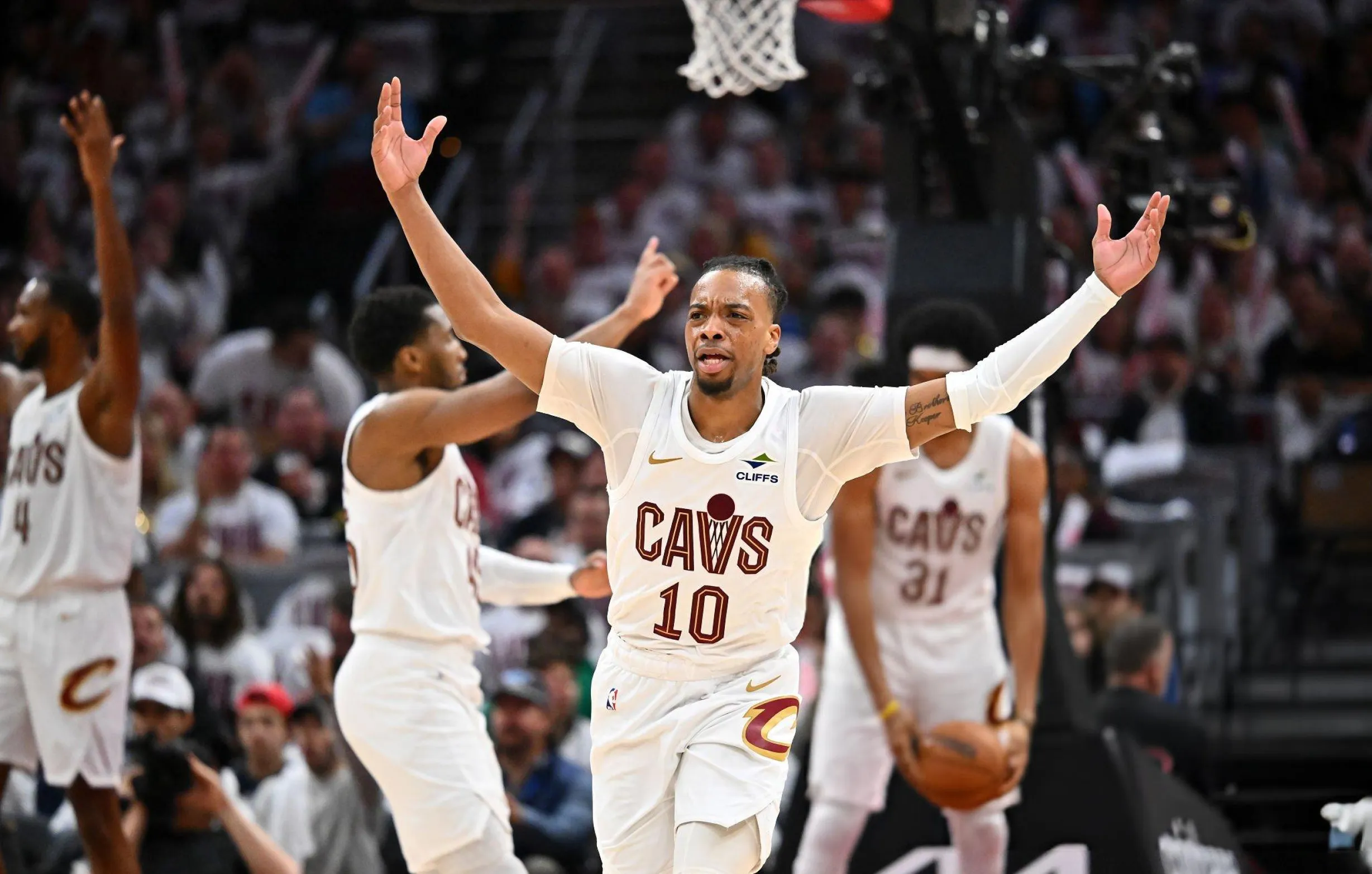Basketball News
WNBA CBA Talks: Revenue Sharing Takes Center Stage

The ongoing negotiations surrounding the Women’s National Basketball Association’s collective bargaining agreement (CBA) are intensifying as both players and league officials prioritize revenue sharing. With the current agreement set to expire after the 2025 season, discussions are heating up regarding how to best allocate the league’s growing financial resources, a topic that could shape the future of women’s basketball.
As reported by ESPN, revenue sharing has emerged as a key issue for players who are advocating for compensation that reflects their contributions to the league’s rising popularity. The WNBA has experienced significant growth in viewership and fan engagement, particularly in recent years, leading to increased revenues. Players argue that a fair distribution of these earnings is essential for maintaining the league’s competitive balance and for ensuring that all teams can attract and retain top talent.
However, the prospect of a lockout looms as both sides prepare for potentially contentious negotiations. Sources told ESPN that while a lockout is not the desired outcome, it remains a realistic possibility if an agreement cannot be reached. This would mark a significant moment in the league’s history, as both players and management navigate the complex landscape of professional sports contracts and financial obligations.
The players’ union is poised to push for a revenue-sharing model that not only increases salaries but also provides resources for teams to enhance their facilities and overall player experience. This goal aligns with the players’ growing calls for equity in pay and support, as many athletes feel they deserve a larger piece of the financial pie, particularly in light of the increasing visibility and success of the league.
The WNBA has made substantial strides in recent seasons, including television contracts that have expanded its reach and a surge in merchandise sales. This financial growth underscores the necessity for both the league and the players to come together to create a fair framework for revenue distribution. As both parties engage in these discussions, the outcome could set a precedent for how women’s sports are valued and compensated moving forward.
Additionally, ESPN reported that the league’s top athletes are united in their stance on this issue, emphasizing the importance of sustainable growth for the sport. The discussions around revenue sharing are not just a matter of immediate financial gain; they are also about building a foundation for the future of the league and ensuring the continued development of basketball talent.
As the 2025 deadline approaches, all eyes will be on the negotiations, with fans eager to see how the outcomes will shape the league’s landscape. Maintaining a collaborative dialogue between players and management will be critical in avoiding a potential lockout and ensuring that the WNBA continues to thrive in an ever-evolving sports market.








